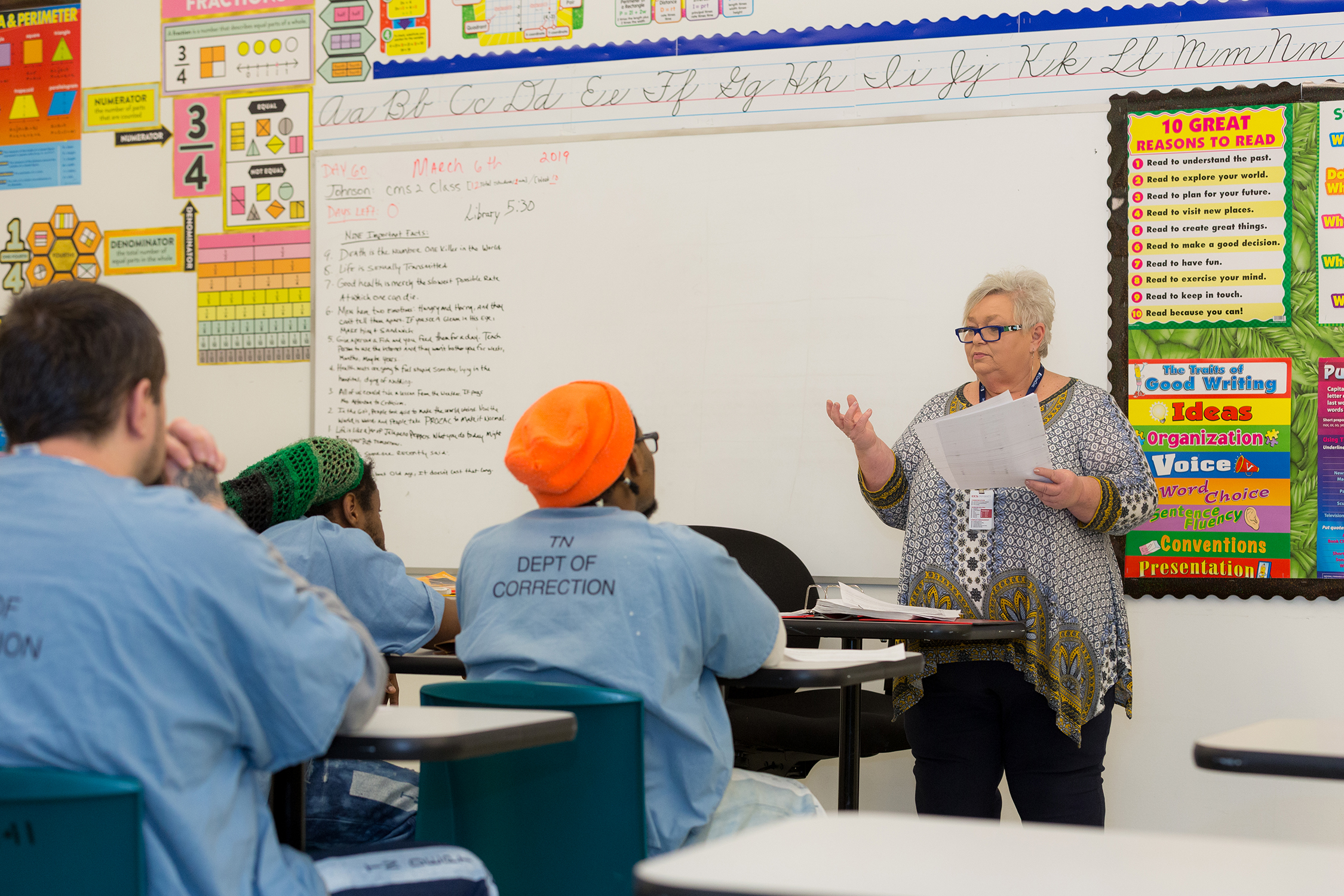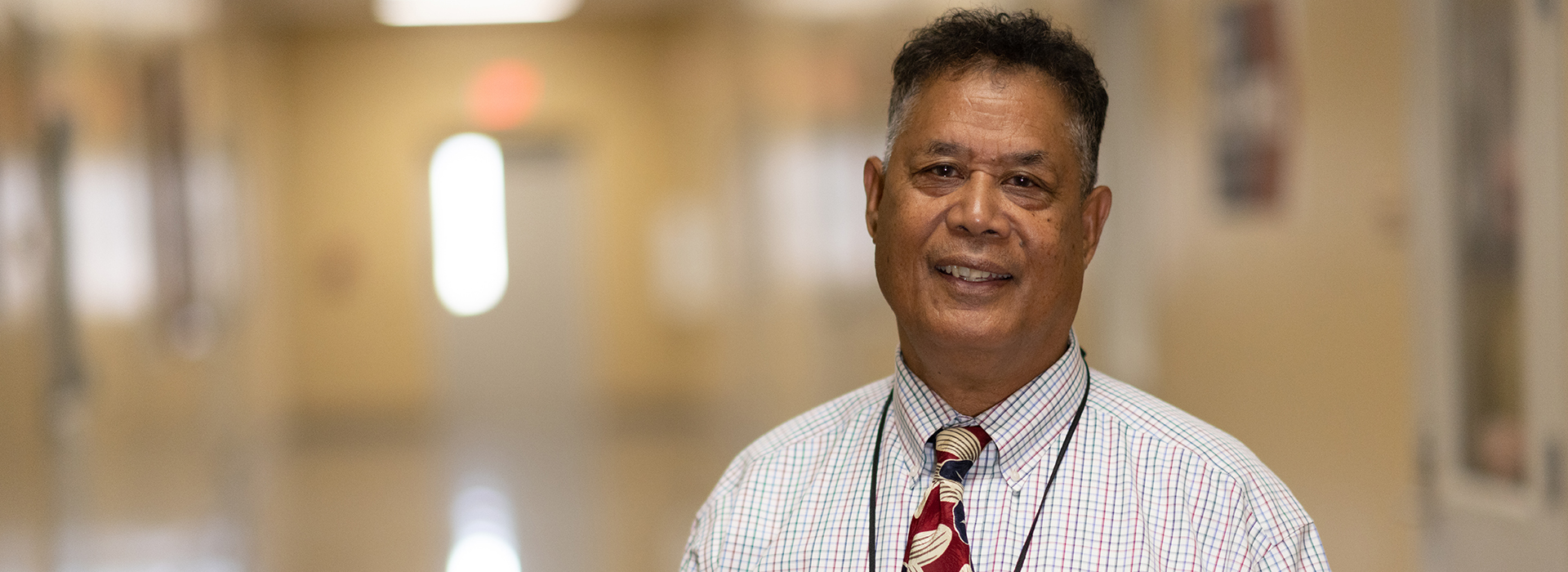Academic and Vocational Instructors
As an academic educator, your primary mission is to equip those in our care with foundational learning skills and provide meaningful educational opportunities. Our teachers leverage their expertise to improve the reading, writing and math skills critical for obtaining a GED and potentially a college degree. Our teachers may also offer English as a Second Language (ESL) for those who need basic language skills. As in other educational settings, our teachers set curricula, develop lesson plans, lead class discussions, grade assignments and help students prepare for evaluation and testing.
Our Vocational Instructors leverage their experience to teach skilled trades, which may include carpentry, electrical, plumbing, painting, masonry, horticulture, food service and computer skills. All vocational programs are competency-based, with many offering nationally recognized certifications such as The National Center for Construction Education and Research (NCCER). This education creates the foundation for the skills and confidence to secure gainful employment upon reentry. Since 2014, our employees have helped those in our care earn more than 28,000 industry recognized certificates.
Our Vocational Instructors leverage their experience to teach skilled trades, which may include carpentry, electrical, plumbing, painting, masonry, horticulture, food service and computer skills. All vocational programs are competency-based, with many offering nationally recognized certifications such as The National Center for Construction Education and Research (NCCER). This education creates the foundation for the skills and confidence to secure gainful employment upon reentry. Since 2014, our employees have helped those in our care earn more than 28,000 industry recognized certificates.
Program Facilitators
Our program facilitators work with our residents to determine which programming and support are needed for their development. After completing assessments, program facilitators conduct workshops and group sessions following a curriculum-based service program. Areas for program facilitation include education, vocational skills, substance use disorder support, religious services and more.
Case Managers
Our case managers are responsible for achieving program goals, ensuring court-ordered conditions are met and faciliting the reestablishment of family and community ties. Additionally, case managers ensure that those in our care have connection to the community via phones and onsite visits as well as facilitate group and individual counseling sessions.
Treatment Counselors
As a member of the treatment department, our counselors provide and coordinate care for substance use disorder as well as provide the tools needed for behavior management. Our treatment counselors provide assessments, support individual and group goal planning, facilitate engagement and promote positive coping skills for recovery.
Chaplains
Our chaplains oversee a range of reentry programs ensuring those in our care have a way to practice their faith. By leading secular life skills classes, our chaplains help residents with challenges such as anger management, criminal thinking and work withing issues such as grief. Additionally, chaplains create meaningful connections with the community and volunteer organizations outside of the facility.



